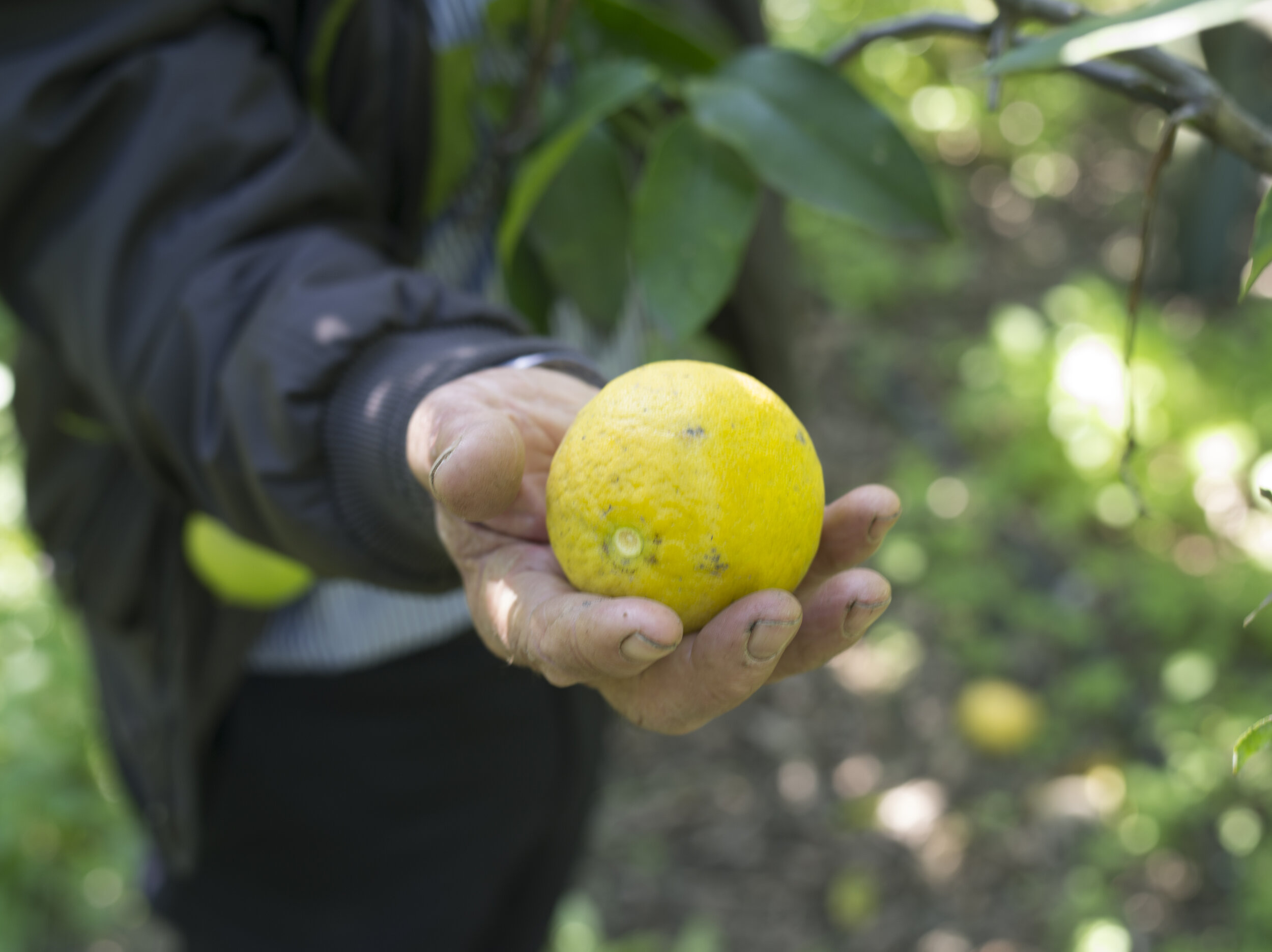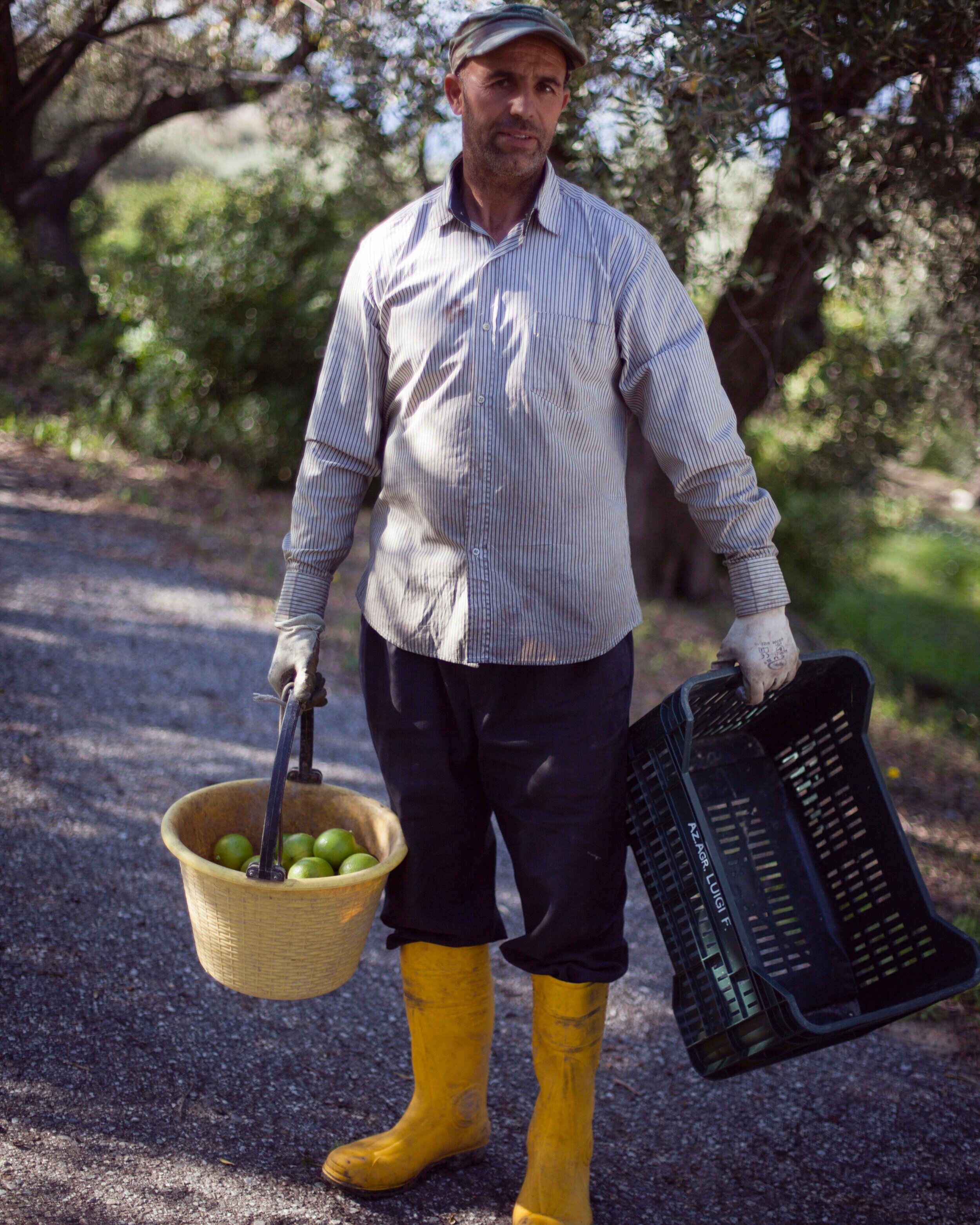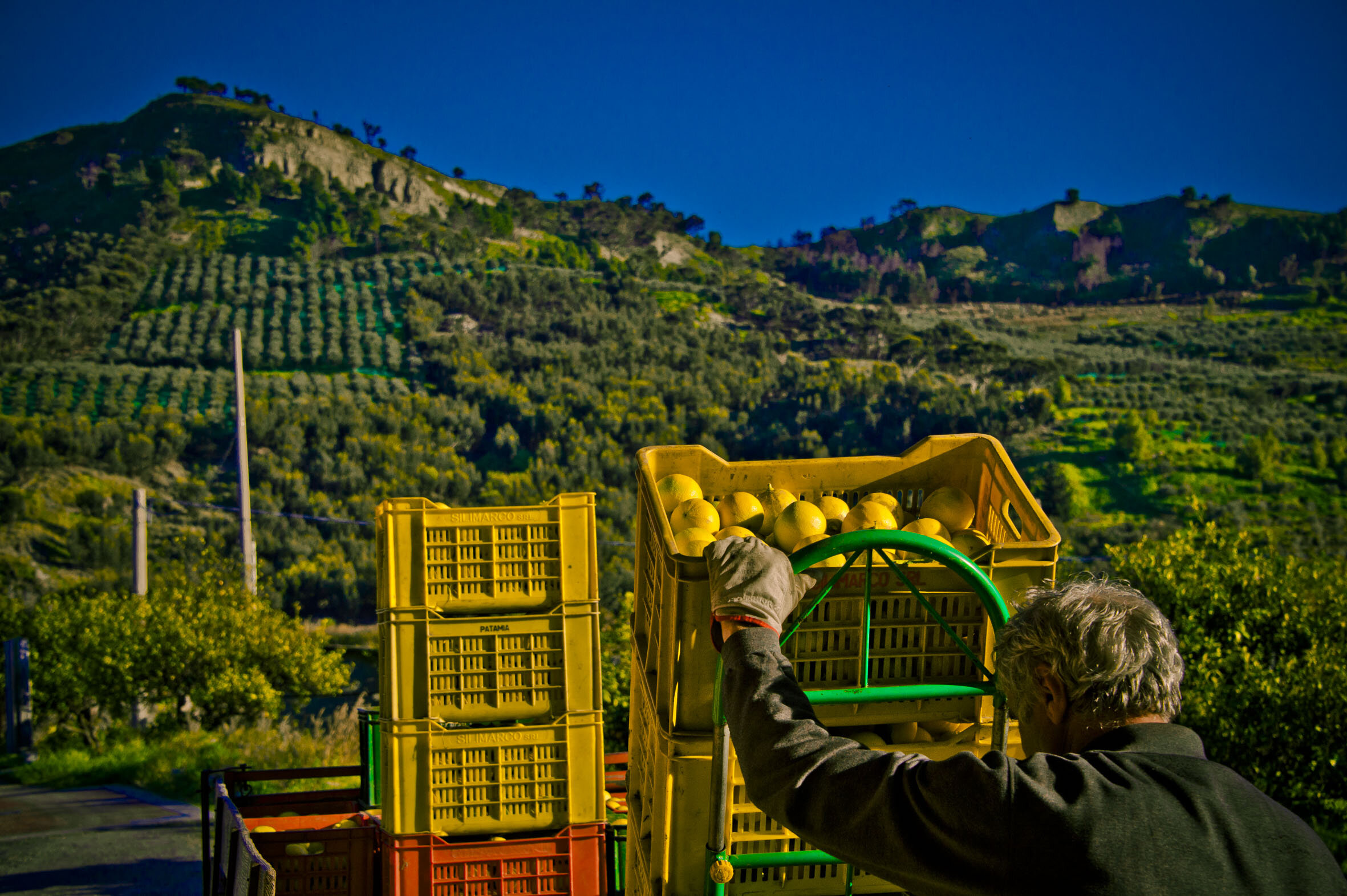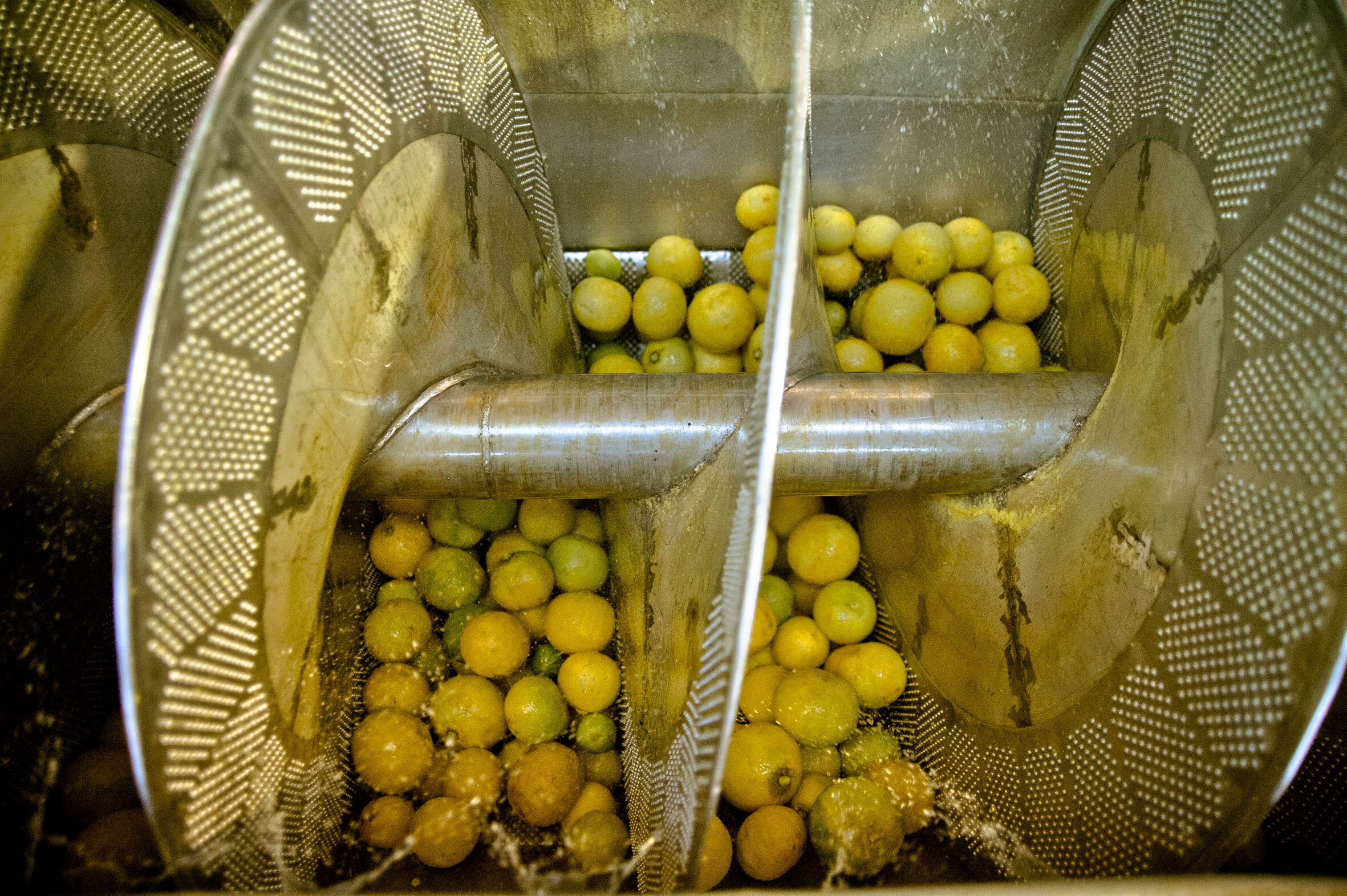Bergamot
‘We must cultivate our garden’ *
Bergamot is a species of citrus found in the Mediterranean basin and in some parts of West Africa. Originally cultivated for ornamental purposes, bergamot farming was first introduced in Calabria, Italy, with its favourable climate conditions for growing citrus.
This medium sized tree has evergreen leaves and blossoms in Spring. It comes in three varieties and its fruit is used to produce essential oils for the fragrance and flavour industry. It can also be found in jams, and most famously, in Earl Grey Tea.
In Southern Italy, where UEBT member Capua 1880 has achieved UEBT natural ingredient certification, Bergamot farmers who supply the company have small groves of less than 10 hectares. There are about 1,200 farmers, organized into cooperatives and many of these hold additional jobs and use their citrus farm to also produce crops for self-consumption. Some are full time farmers, combining Bergamot production with olives or other citrus crops. A few farmers even do some initial processing of essential oil and other Bergamot-based ingredients for the food sector.
Bergamot fruits are collected by hand from December to February. The farms resemble small gardens, where the trees are allowed to grow long limbs where the fruits are easily accessible for picking. Spontaneous plants and crops for household use often can be found growing in between the Bergamot trees. Very little or no farm mechanisation preserves the delicate undergrowth and spontaneous grasses that are good for the soil and also positive for local biodiversity. While harvesting is most often done by men, some women are active as plantation owners.
Farmers selling Bergamot to Capua find themselves working in partnership with a fifth-generation family business supplying the global flavour and fragrance industry. The company extracts the oil from the fruit by cold process (pelatrice).
Capua has recently invested in additional hectares of land to set up a didactic farm that will ‘cascade’ the improvements of good agricultural practices as well as biodiversity actions through the whole supply chain. Some of the biodiversity actions include creating set-aside areas in farms to attract pollinators, reducing or replacing pesticides with natural products, planting different varieties of citrus to increase farm resilience and using high efficiency irrigation systems to conserve water. As a result, on plantation belonging to the UEBT initiative, CO2 emissions were cut by 90% and water consumption dropped by 40%.
With a growing market, Capua is pleased that the UEBT label is gaining more market recognition and finds it crucial to have their actions assessed and shared by an independent non-profit association to ensure transparency and also to take a stand against green-washing.
* English translation of the quote “Il faut cultiver notre jardin” from Voltaire’s book, Candide






